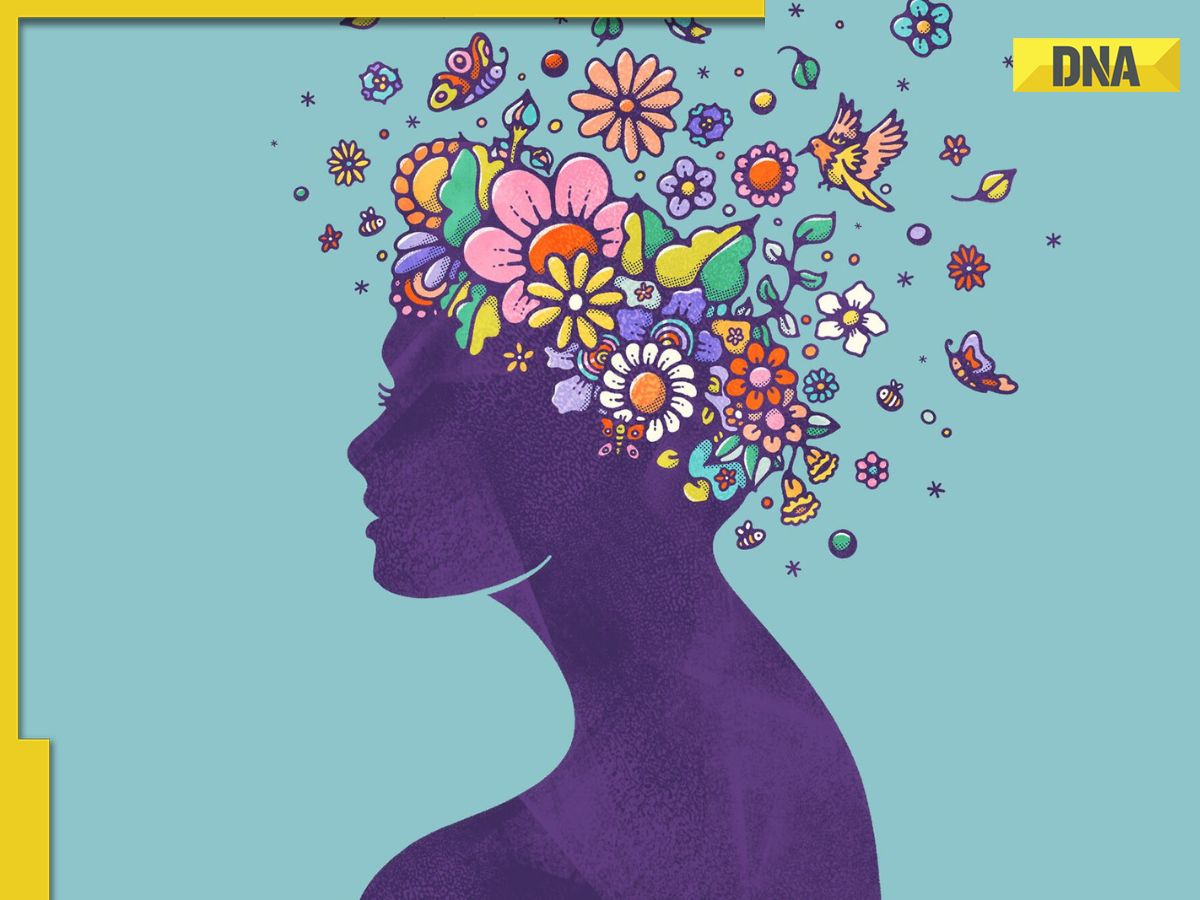Mental Health: Understanding, Managing, and Prioritizing Well-Being

Mental health is a vital aspect of overall well-being that often goes overlooked in a world driven by hustle and productivity. While it might seem like a buzzword in today’s conversations, mental health encompasses much more than occasional stress or sadness. It involves emotional, psychological, and social well-being that impacts how we think, feel, and act. In this article, we’ll dive deep into what mental health means, why it matters, and how to maintain a balanced mental state.
What is Mental Health and Why Does It Matter?
Mental health is more than the absence of mental illnesses; it’s about thriving emotionally and mentally in daily life. It influences every facet of human existence, from how you manage relationships to the way you make decisions and handle challenges.
A Broader Definition
)
Mental health refers to cognitive, behavioral, and emotional well-being. It determines how individuals respond to life’s stresses, work productively, and interact with others. Good mental health allows individuals to enjoy life, engage in meaningful activities, and navigate challenges effectively. Conversely, poor mental health can lead to disruptions in daily routines and relationships.
Why It’s Important
Your mental state directly affects your physical health. Chronic stress or untreated mental health conditions like depression or anxiety can lead to conditions such as heart disease, obesity, and weakened immunity. Additionally, mental health plays a role in your ability to live a fulfilling life, fostering creativity, resilience, and stronger connections with others.
The Social and Economic Impact
Neglecting mental health can have far-reaching consequences. According to global studies, untreated mental health issues result in significant economic losses due to reduced productivity and increased healthcare costs. Moreover, it perpetuates stigma, creating barriers to seeking help and addressing underlying problems.
Common Mental Health Challenges and Disorders
Understanding the spectrum of mental health challenges is the first step toward addressing them. While some issues are situational and temporary, others may require long-term management and support.
Everyday Stress vs. Chronic Stress
Stress is an inevitable part of life, but when it becomes chronic, it can severely impact mental and physical health. Everyday stress arises from work, family obligations, or financial concerns, and usually subsides with time or coping mechanisms. Chronic stress, however, persists and can lead to anxiety disorders, depression, or burnout.
Anxiety and Depression
These are among the most common mental health disorders worldwide. Anxiety involves excessive worry, fear, or panic, often without a clear trigger. Depression, on the other hand, is characterized by prolonged sadness, lack of energy, and loss of interest in activities. Both conditions can interfere with daily life but are treatable with therapy, medication, and lifestyle changes.
Other Mental Health Disorders
Conditions such as bipolar disorder, schizophrenia, and obsessive-compulsive disorder (OCD) affect millions globally. While these may require specialized treatment, early diagnosis and intervention can significantly improve outcomes.
Recognizing the Signs of Poor Mental Health
Early detection of mental health issues can make a significant difference in recovery and management. However, many people overlook the warning signs or attribute them to temporary setbacks.
Behavioral Changes
Uncharacteristic behavior, such as withdrawing from loved ones, sudden outbursts of anger, or an inability to focus, can be indicative of mental health issues.
Physical Symptoms
Mental health issues often manifest physically. Chronic fatigue, headaches, or changes in appetite and sleep patterns may signal underlying concerns.
Emotional Instability
Persistent feelings of sadness, hopelessness, or irritability can point to more serious problems. Ignoring these emotions can lead to worsening conditions over time.
How to Maintain and Improve Mental Health
Caring for your mental health should be a priority, not an afterthought. By incorporating small yet meaningful practices into your daily routine, you can build resilience and promote emotional well-being.
1. Prioritize Self-Care
Self-care isn’t just about pampering yourself—it’s about creating habits that nourish your mind and body. Regular exercise, a balanced diet, and adequate sleep form the foundation of mental health. Activities like journaling or meditating can also help you process emotions and reduce stress.
2. Build Strong Relationships
Human connections play a crucial role in mental health. Make time for friends, family, or even colleagues who uplift and support you. Healthy communication and social interactions can buffer against stress and foster a sense of belonging.
3. Seek Professional Help When Needed
There’s no shame in asking for help. Therapists, counselors, and psychiatrists are trained to provide guidance and treatment for mental health concerns. Whether it’s talk therapy or medication, professional intervention can be life-changing.
Breaking the Stigma Around Mental Health
One of the biggest hurdles in addressing mental health issues is the stigma surrounding them. Misconceptions and stereotypes often deter individuals from seeking help or openly discussing their struggles.
Why Stigma Exists
Cultural norms, misinformation, and lack of awareness contribute to the stigma. Many people still equate mental health struggles with weakness or believe they can simply “snap out of it.”
How to Break the Stigma
Education is key. Raising awareness about mental health can dispel myths and encourage more people to seek help. Sharing personal stories and advocating for open conversations also creates a supportive environment.
The Role of Media and Society
Media portrayal of mental health issues significantly impacts public perception. Accurate representation and campaigns promoting mental well-being can shift societal attitudes and inspire change.
Mental Health in the Digital Age
Technology has transformed how we live and interact, but it also poses unique challenges for mental health.
Social Media and Mental Health
While social media connects us, it can also fuel feelings of inadequacy, loneliness, and anxiety. The curated lives of others often lead to unhealthy comparisons, especially among younger audiences.
Digital Detox for Mental Clarity
Taking breaks from screens and setting boundaries around digital consumption can reduce stress and improve focus. Activities like reading a book, spending time in nature, or practicing mindfulness can provide a refreshing alternative to digital overload.
Leveraging Technology for Good
Apps and online platforms dedicated to mental well-being, such as meditation guides and virtual therapy, have made mental health resources more accessible. When used mindfully, technology can be a powerful ally in managing mental health.
Conclusion: Prioritizing Mental Health for a Balanced Life
Mental health is an essential component of overall well-being, influencing every aspect of life from relationships to physical health. By understanding its importance, recognizing the signs of poor mental health, and actively working toward better mental health practices, you can lead a more fulfilling and balanced life.
Remember, mental health is not a destination but a journey. Small steps like seeking support, practicing self-care, and fostering strong relationships can pave the way for a healthier and happier you. The conversation around mental health is growing, and it’s time to be part of it—because you deserve to thrive, not just survive.



